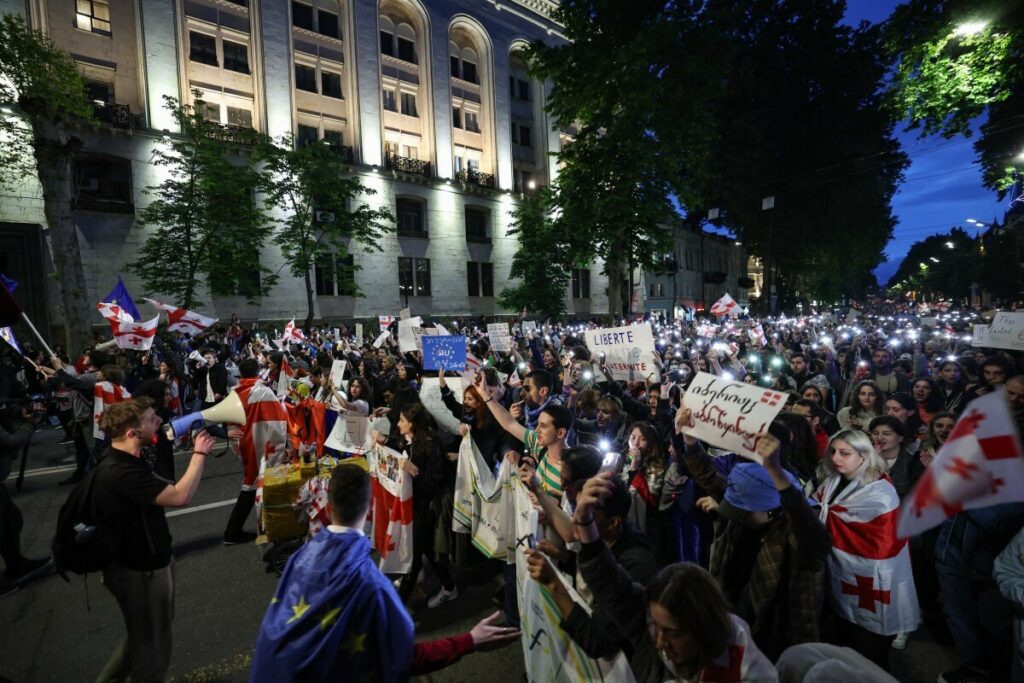Draft legislation in Turkey proposes to jail journalists and researchers working for foreign “interests,” following similar measures in Russia and Georgia that rights groups have branded as repressive.
The proposed amendment to Turkey’s penal code allows for jail terms of three to seven years for those convicted, according to the text, obtained by AFP.
It applies to “anyone who carries out or orders research on (Turkish) citizens and institutions with the aim of acting against the security or the political, internal or external interests of the state, on the orders or in the strategic interests of a foreign organization or state.”
The far-right Nationalist Movement Party’s (MHP) deputy chairman, Feti Yıldız, said in a message on X that it would cover areas such as “economy, finance, the army, national defense, public health, public security, public order, technology, culture, transport, communication, cyberspace, critical infrastructure and energy.”
The MHP is allied with the ruling Justice and Development Party (AKP) of President Recep Tayyip Erdoğan, whose authoritarian stance has been criticized by rights groups.
In Georgia, the latest in a series of mass protests filled the streets on Tuesday after parliament adopted a law to brand overseas-funded NGOs as being under “foreign influence.”
Demonstrators said that law mirrors legislation used to arrest journalists and suppress dissent in Russia under President Vladimir Putin.
In Turkey, Emre Kongar, a writer and contributor to daily newspaper Cumhuriyet, branded the new proposal a “witch hunt” in a message on X.
Media rights watchdog Reporters Without Borders (RSF) warned that the text did not appear to contain “guard rails to prevent judicial abuses.”
The bill “threatens with imprisonment any journalist working for a media organization that depends on international funds,” RSF Turkey representative Erol Önderoğlu wrote.
“Erdogan’s government continues to undermine freedom of expression and the press,” RSF added in a statement.
“The all-encompassing incrimination of agents of influence risks further weakening the practice of free, diverse and independent journalism in Turkey.”
© Agence France-Presse

